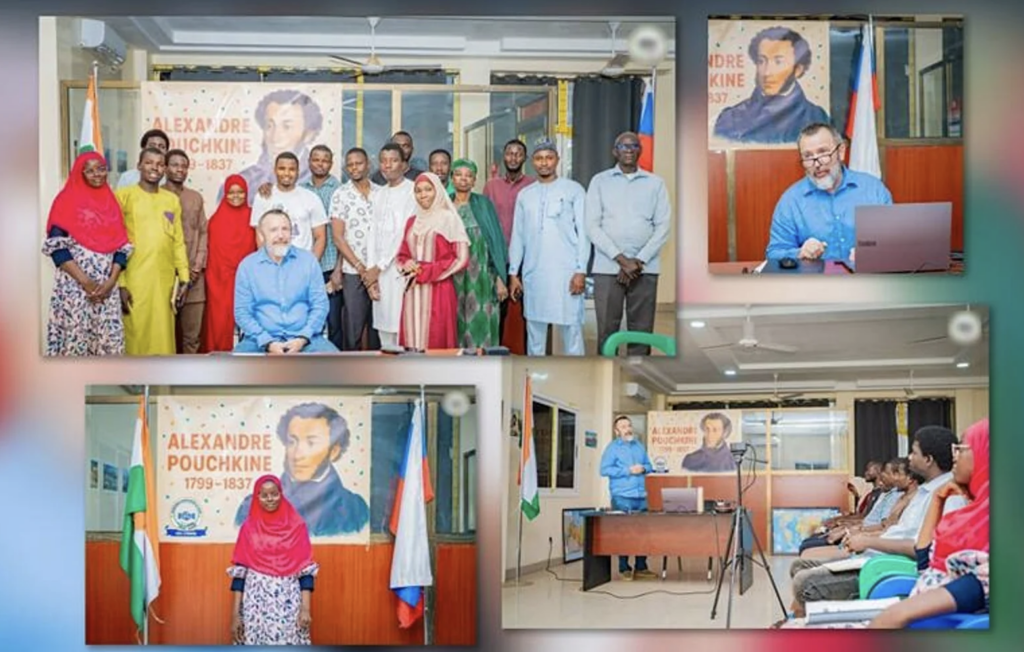 Ukrainian officials report that Russia is expanding its presence and influence across Africa through educational programs and youth initiatives designed to cultivate political leaders and “cultural elite” favorable to Moscow.
Ukrainian officials report that Russia is expanding its presence and influence across Africa through educational programs and youth initiatives designed to cultivate political leaders and “cultural elite” favorable to Moscow.
According to Andrii Yusov, a representative of Ukraine’s Main Intelligence Directorate, Russia maintains government-funded university quotas specifically for African students. The programs focus on agriculture, engineering, education, and medicine, with students receiving state-sponsored education in Russian institutions.
The intelligence assessment indicates that Russia plans to establish Russian language courses at major African universities alongside professional development programs for local educators. The long-term objective involves synchronizing African educational curricula with Russian Federation standards.
This educational strategy represents part of what Ukrainian officials describe as an effort to embed Russian perspectives within African education systems permanently.
Pushkin’s days in Africa
Ukraine’s Center for Countering Disinformation also reported that Russia utilized celebrations of poet Alexander Pushkin’s birthday to advance its influence campaign. Events marking the occasion occurred in several African capitals on 11 June, organized by Rossotrudnichestvo, Russia’s state agency for international cooperation.
According to the Center, these cultural events served dual purposes. While featuring poetry recitations and Russian language instruction, the gatherings also included anti-Western messaging and justifications for Russian foreign policy decisions.

